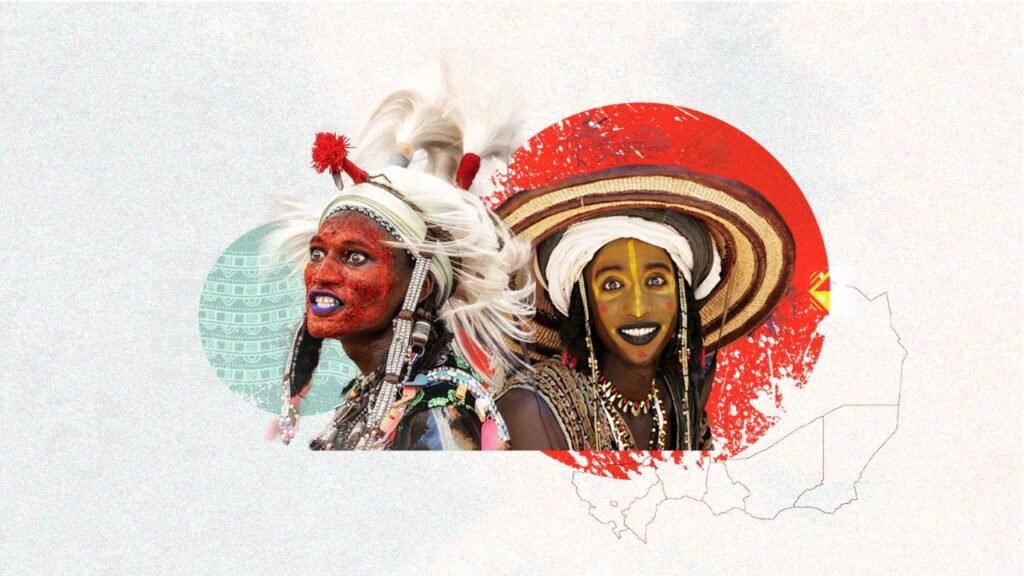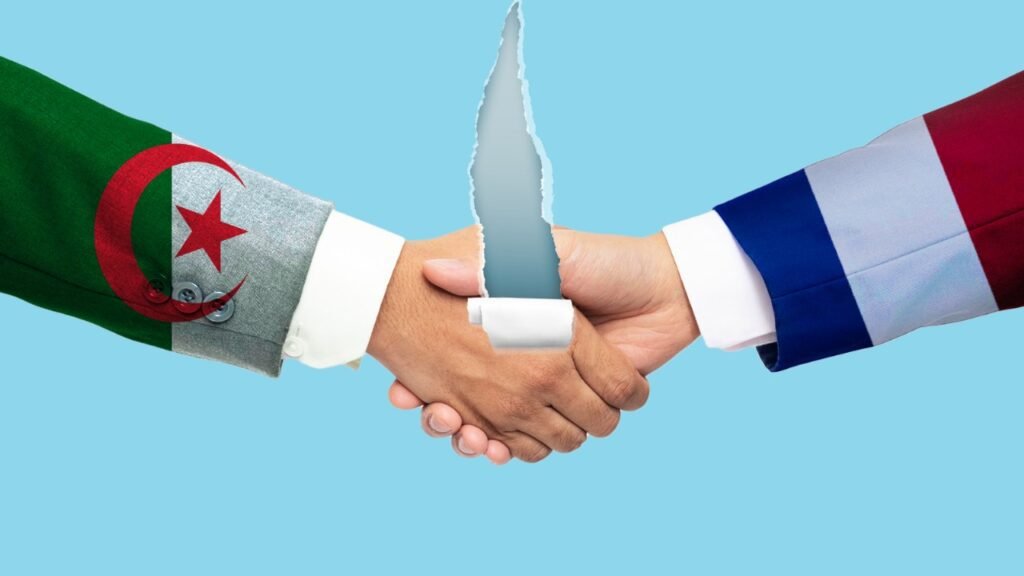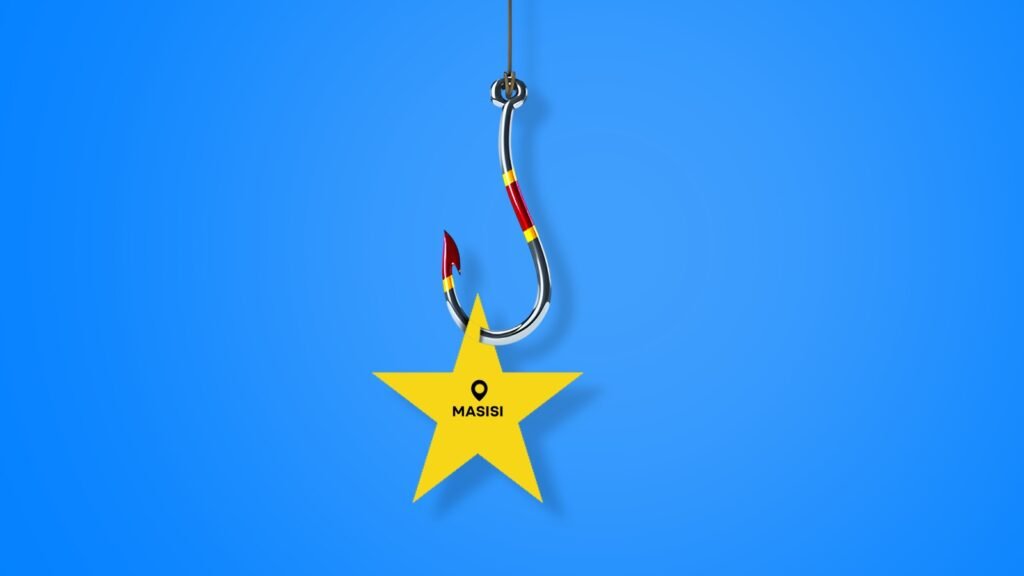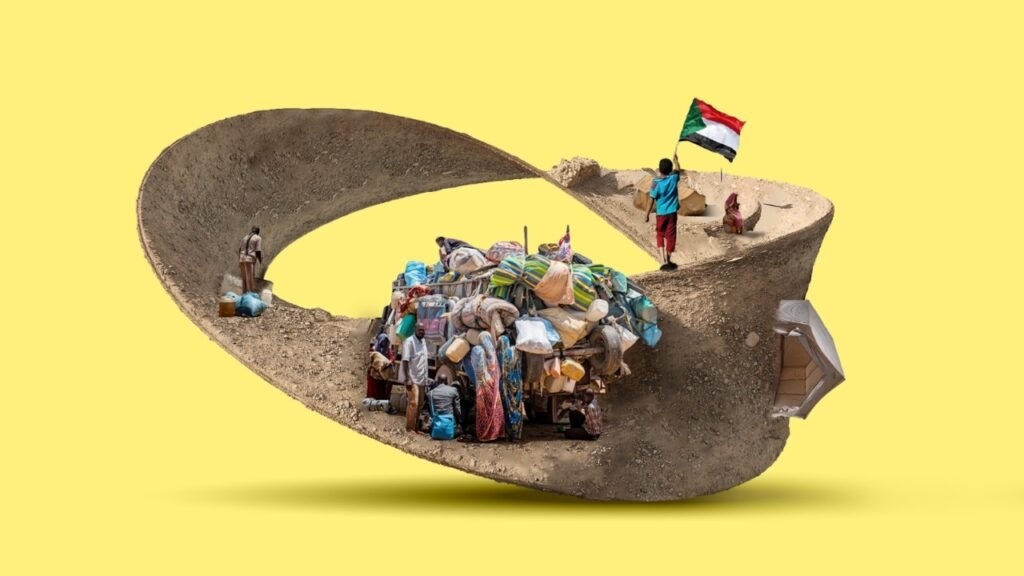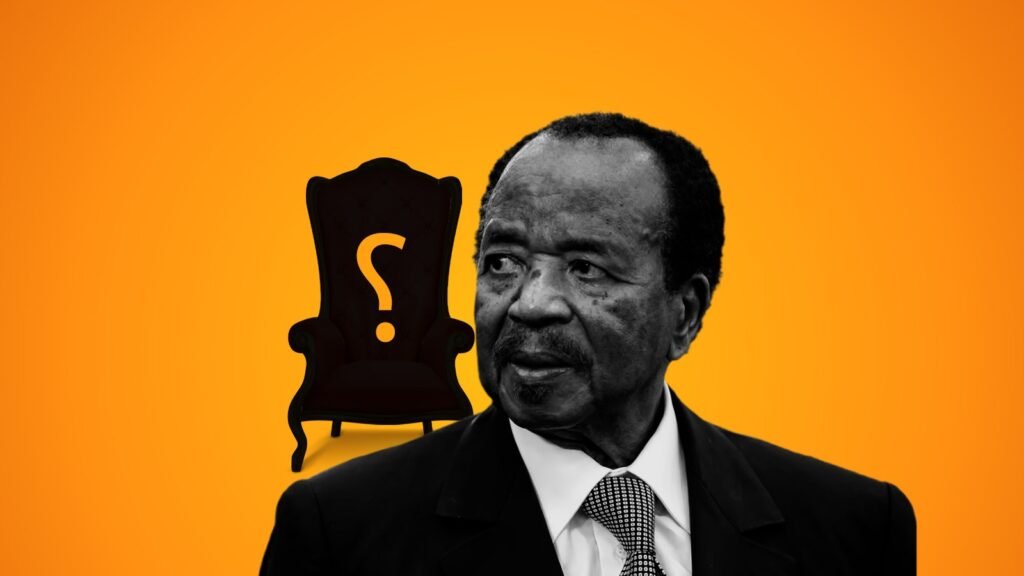In the heart of Mali, the city of Ségou once again became a vibrant tapestry of music, art, and cultural expression as it hosted the 21st edition of the Festival sur le Niger from February 4 to 9, 2025. This year’s festival, themed “Diversité culturelle, paix et unité” (“Cultural Diversity, Peace, and Unity”), stood as a testament to the resilience and dynamism of Malian culture amidst a backdrop of significant political transformations.
The festival grounds buzzed with energy as tens of thousands of attendees from Mali and neighboring regions gathered along the banks of the Niger River. The air was filled with the melodies of traditional and contemporary Malian music, while visual arts, theater, and dance performances showcased the nation’s rich artistic heritage. Notably, the celebrated duo Amadou and Mariam graced the stage, their harmonious tunes resonating with a diverse audience.
However, this year’s festival was not just a celebration of art; it was deeply interwoven with the current political climate. Just days prior, Mali, alongside Burkina Faso and Niger, announced their withdrawal from the Economic Community of West African States (ECOWAS) and the formation of a new confederation, the Alliance of Sahel States (AES). In recognition of this monumental shift, the festival was dubbed the “Week of AES Fraternity,” with portraits of the three junta leaders prominently displayed throughout the venue. Russian and Malian flags adorned canoes and stalls, symbolizing the evolving alliances and the nation’s assertion of sovereignty.
Mamou Daffé, Mali’s Minister of Culture, addressed the festival-goers, emphasizing the role of culture as a unifying force in times of change. “You are aware of the current context of our country,” Daffé remarked, highlighting the festival’s significance in fostering solidarity and national pride. The government’s declaration of 2025 as the “Year of Malian Culture” further underscored its commitment to leveraging the arts as a means of internal cohesion and international engagement.
Despite the celebratory atmosphere, the festival also served as a poignant reminder of the challenges facing Mali’s arts scene. The ongoing jihadist conflicts in the region have cast a shadow over cultural events, leading to reduced international support and participation. Iconic gatherings such as the Festival in the Desert and the Rencontres de Bamako photography biennale have faced significant hurdles, with the former being suspended since 2012 due to security concerns. The Festival sur le Niger itself has had to adapt, relying more heavily on local talent and resources to sustain its mission.
Yet, in the face of adversity, the festival’s resilience shines through. Organizers have expanded the event’s scope to include contemporary art exhibitions, workshops, and forums addressing pressing social issues. This evolution not only enriches the cultural tapestry of the festival but also provides a platform for critical discourse and community engagement. The inclusion of themes such as peacebuilding and unity reflects a conscious effort to harness the power of art in navigating the nation’s complex socio-political landscape.
As the sun set over the Niger River, the festival’s closing ceremony encapsulated the spirit of Mali’s cultural renaissance. Traditional dancers, draped in vibrant fabrics, moved rhythmically to the beats of djembe drums, while storytellers recounted tales of resilience and hope. The audience, a mosaic of ages and backgrounds, joined in chorus, their voices echoing a collective aspiration for peace and unity.
The 2025 Festival sur le Niger was more than a cultural event; it was a manifestation of Mali’s enduring spirit and a beacon of hope for the future. In a time of political realignment and societal challenges, the festival reaffirmed the essential role of art and culture in bridging divides, fostering dialogue, and inspiring a shared vision for a harmonious and prosperous Mali.
